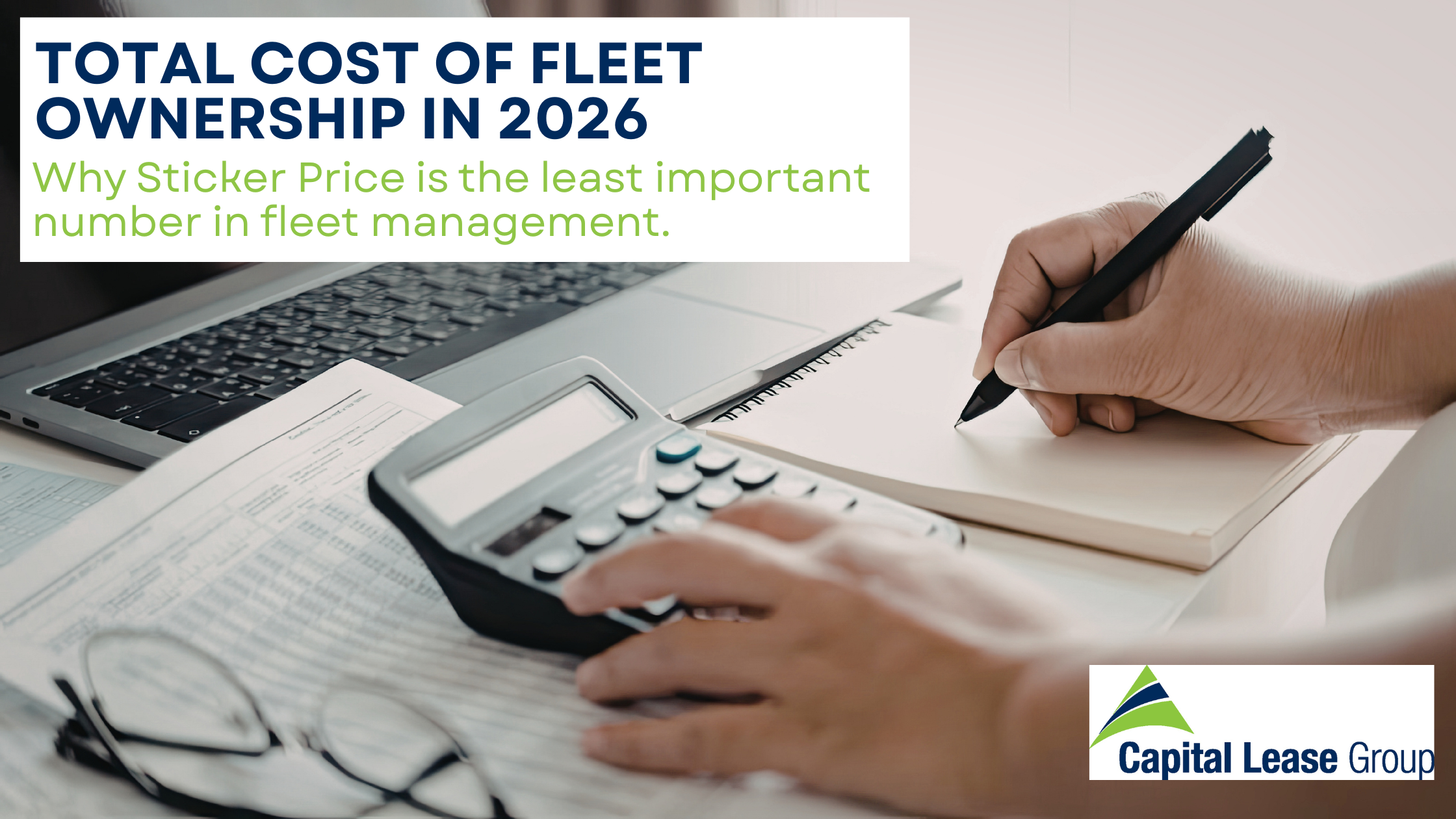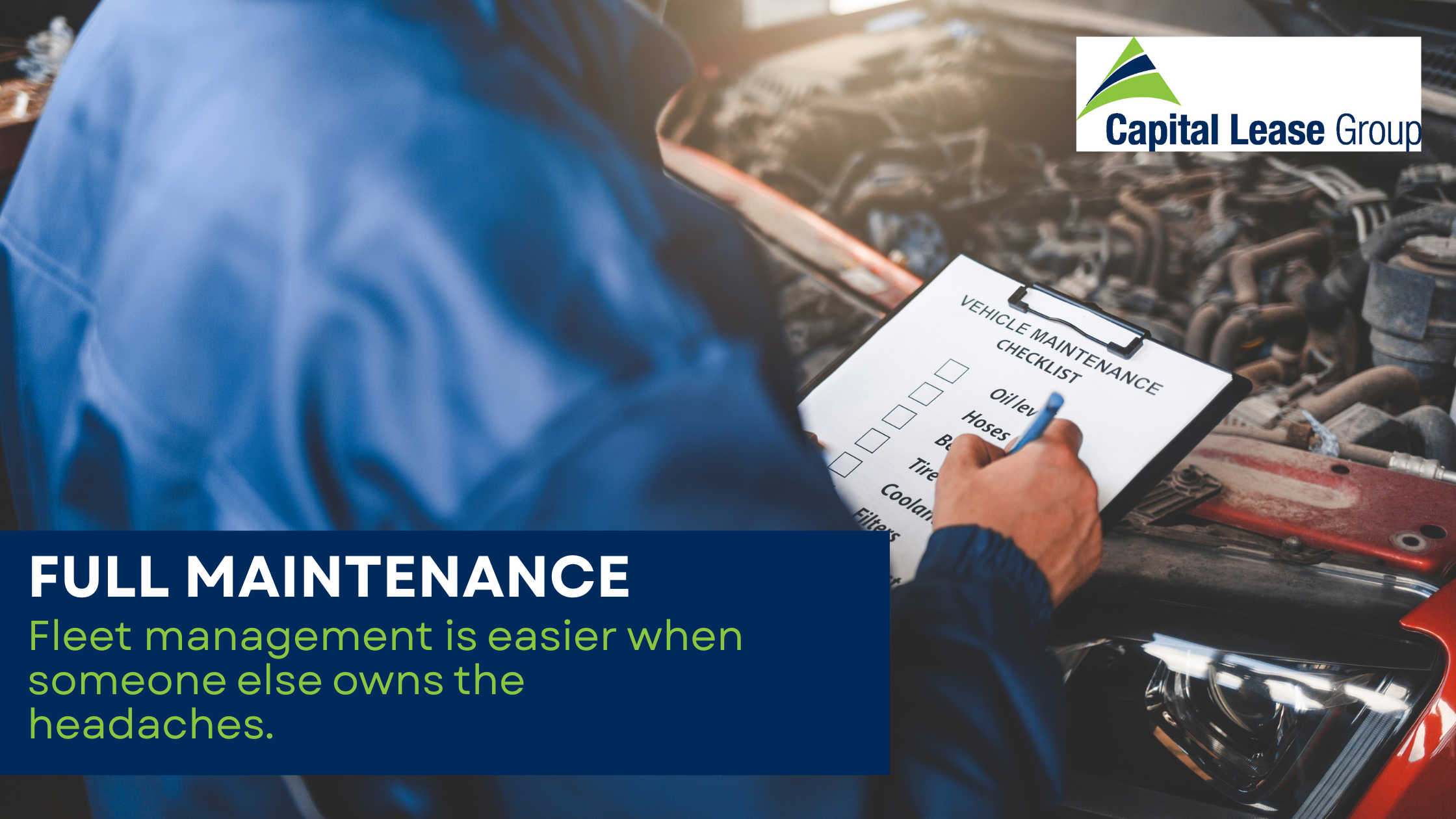There’s no denying that the auto industry has been hard-hit amidst the apex of the coronavirus pandemic. All across the world, automakers have faced health concerns for workers and supply chain issues, not to mention plummeting sales—and that’s just the beginning.
As the outbreak begins to wane and restrictions start to relax, the question moves from immediate detriment to long-term impact: how long will it take the automotive industry to recover from COVID-19? Will things get worse before they get better? What is the current outlook?
Though it’s still early in the recovery process, some key clues are emerging as to what the industry can expect to experience in the coming months and years.
Sputtering Sales Spell Turbulent Times
All across the world, automakers are reporting massive declines in year-to-year sales for May. New car sales in the UK dropped by nearly 90% in May compared to 2019; the United States was hit with a less substantial (but still incredibly damaging) 32% decline.
Obviously, without money coming in from sales, automakers simply can’t afford to maintain their workforce. Bentley has cut 1,000 jobs in order to try and stay alive in the midst of this turmoil, McLaren cut a quarter of its workforce, and Ford announced salaried employees will now not return to work until September.
It’s hard to know how much deeper the cuts resulting from sharply declining sales will go, but it’s possible that brands who were already struggling simply won’t recover from these blows. Global auto sales are expected to plummet by 22% overall in 2020, so the worst isn’t over just yet.
Weakening Economy and Large Used Inventory Could Spell Disaster
Wholesale prices in the United States in May declined by just 1.5% as compared to 5.9% in April — although that sounds positive, this snapshot fails to tell the whole story. Shelter in place or stay-at-home orders relaxed in many areas in May, leading to some stabilization, but the overall outlook for the economy remains bleak.
Unemployment rates continue to rise; with them, used car inventories are rising in kind. Buyers have less confidence and less disposable income, meanwhile, dealers have more vehicles than ever that they need to sell. This translates to a less than ideal situation for industry professionals. Wholesale and retail prices are expected to drop throughout the summer months as a result of this combination.
Automakers May Have to Shift Focus in Order to Stay Afloat
Projections estimate that the economic impact of COVID-19 will still be felt by the automotive industry as far out as 2023. That being the case, many automakers will need to think on their toes or accept defeat.
Studies find that automakers are likely to explore micro-mobility options and other health and wellness-focused items as a means of retaining success despite the ravages of COVID-19.
Though the precise fallout of this pandemic will be different for each business and each market, there is no question that the effects of the novel coronavirus will take their toll on the automotive industry for years to come, so swift action is necessary now to combat them.



